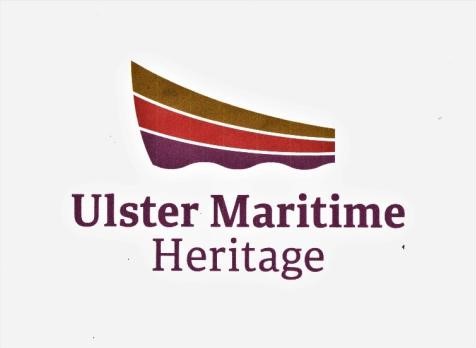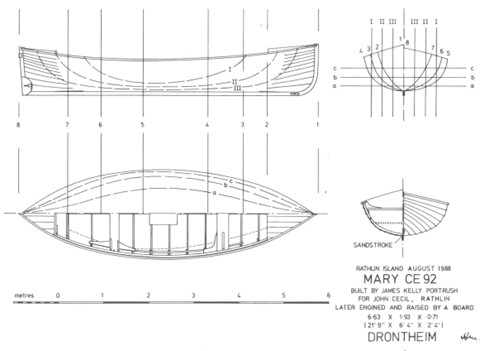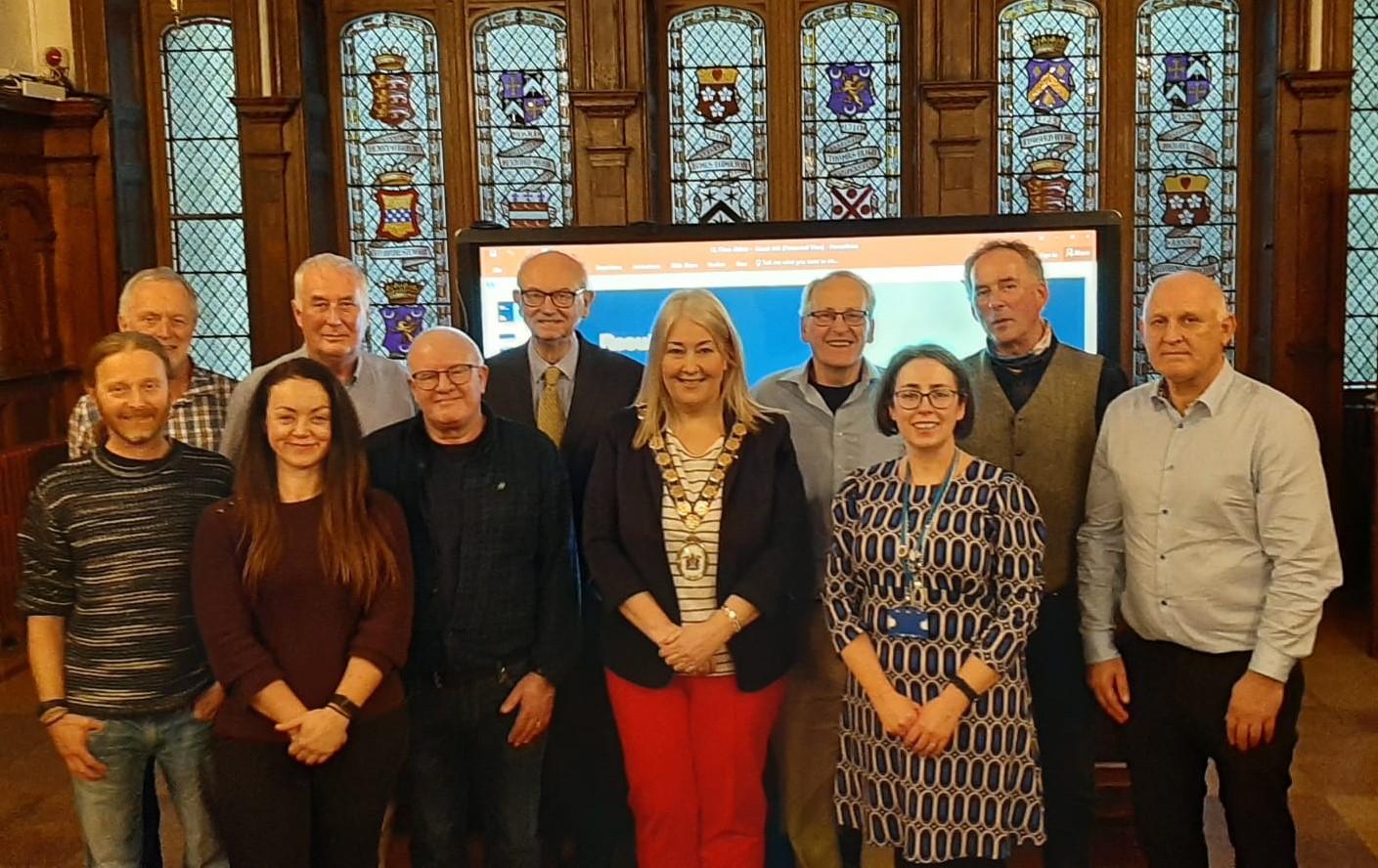
About Ulster Maritime Heritage
Ulster Maritime Heritage (UMH) is a new organisation intending to be recognised as the leading ‘go to’ body for supporting and promoting Ulster’s rich maritime heritage. It aims to be a representative maritime voice that facilitates a coordinated programme of events, training and support, whilst building a record of maritime heritage assets. The organisation’s geographical coverage includes the six Counties of Northern Ireland and adjacent Counties in the Republic of Ireland.
The Strategic Goals of UMH are to:
- Establish a sustainable entity with a clear brand and sector representative role;
- Co-ordinate marketing of projects, events and central listing of maritime heritage organisations;
- Identify, preserve and protect maritime heritage;
- Provide training, skills and support to UMH members.
Purposes of the organisation:
- Support the sector by providing a forum for the maritime sector to come together and connect, (and to gain from economies of scale);
- Improve communications and provide a voice for the sector;
- Provide leadership and help share and capture knowledge;
- Reduce duplication and increase sector co-ordination;
- Engage with the public, under a recognisable unified brand;
- Identify, record and preserve maritime heritage;
- Celebrate and promote maritime heritage, and deliver events;
- Preserve boat building and associated craft and skills.
The Madill Project

The Madill Archive Project, whose purpose was to make publicly accessible material relating to maritime heritage and traditional boats, came to an end recently. The project was based on the life’s work of Mr Harry Madill, who documented and drew the last remaining craft around the coast of Ulster and recorded the men who worked on them.
The archive comprised of original line drawings, photographs and notes on vernacular vessels as well as recorded interviews (including one with Harry himself). Donated to the Public Record Office (NI) it was catalogued to item level (5,300 items) allowing greater individual identification and understanding of all elements. The digitized archive was then made available online via PRONI (https://www.nidirect.gov.uk/articles/madill-archive-project).
As well as the digitization work, the project took part in four heritage festivals and a three-week official exhibition (Strakes and Skins) at six locations. This included an official launch at the Public Record Office in Belfast. In addition, it hosted a boat-recording workshop at the Ulster Transport Museum. Promotional talks featured at some of these events and a travelling library exhibition will continue post-project. The project hosted university and school students who received experience and training on archival aspects of the project.
The Madill Archive is an unparalleled trove of information on traditional Irish boats and maritime heritage that might otherwise have been lost. Through the assistance of PRONI, this information will be accessible to public audiences with an interest in this heritage - for those who wish to remember, learn, and continue to build and sail traditional boats.
The project was supported by the National Heritage Lottery Fund and led by Dr Wes Forsythe of Ulster University, with the support of partners in museum, government agencies and Ulster Maritime Heritage.
Maritime Heritage Conference, 2023
In February 2023, a successful one-day conference exploring the maritime heritage of the Borough of Ards and North Down was held. The introductory talk was given by Robin Masefield, local historian and secretary of Ulster Maritime Heritage, and one of National Historic Ships UK's Council of Experts. Robin spoke about the aims and aspirations of the embryonic Ulster Maritime Heritage organisation, and the valuable role that it could play in supporting local bodies in promoting this important subject. He also referred to the support from National Historic Ships UK and the growing presence of Northern Ireland as a Shipshape Hub.
Other presentations included two on vessels on the National Registers; the substantive progress being made by the Donaghadee Heritage Preservation Company in restoring the Sir Samuel Kelly lifeboat; and the merchant schooner Result which is in preservation on dry land at the Ulster Transport Museum at Cultra, though badly in need of full restoration. The success of the conference demonstrated not just the widespread interest in the topic, but also the very practical progress being made by individuals and groups in preserving and promoting Northern Ireland's unique maritime heritage.

Find out more:
www.mcgarryconsult.com/ulster-maritime-heritage-strategy
